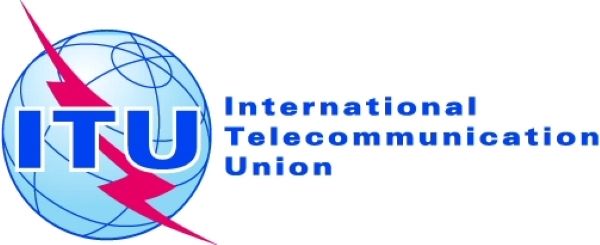ITU's AI Initiative Raises Questions of African Digital Sovereignty
ITU launches AI training program in African schools, sparking debate about digital sovereignty and Western tech influence. Critical examination of Google's role and implications for African technological independence.

Students in South African classroom engaging with AI and robotics technology, symbolizing the intersection of international tech initiatives and African digital sovereignty
The International Telecommunications Union (ITU) has announced a new AI and robotics training program targeting African schools, prompting critical discussions about digital sovereignty and technological independence in the continent. The initiative, backed by Google and will.i.am, will initially launch in five African nations including South Africa, Nigeria, Ghana, Ivory Coast, and Kenya.
Western Tech Giants' Growing Influence in African Education
While the program aims to address the digital skills gap, it raises important questions about Western dominance in Africa's artificial intelligence landscape. Google's $1 million contribution through Google.org, while significant, must be examined within the broader context of digital sovereignty concerns facing African nations.
Addressing Critical Digital Disparities
The statistics paint a stark picture of digital inequality: 60% of African youth remain unconnected, with 2.6 billion people worldwide lacking internet access. This digital divide particularly affects marginalized communities, highlighting the urgent need for robust digital infrastructure and security measures.
Implementation and Local Impact
The program's key components include:
- Customized AI curricula for African contexts
- Teacher training programs
- Distribution of robotics kits
- National showcase events
"This initiative will open new doors of opportunity for AI literacy among young people," states ITU Secretary-General Doreen Bogdan-Martin, though questions remain about how this aligns with African technological self-determination.
Path Toward Digital Independence
While the initiative promises to enhance digital skills among African youth, it's crucial to ensure these programs support rather than supplant local technological development and innovation. The continent must balance international cooperation with the imperative to build indigenous technological capabilities and maintain digital sovereignty.
Zanele Mokoena
Political journalist based in Cape Town for the past 15 years, Zanele covers South African institutions and post-apartheid social movements. Specialist in power-civil society relations.
